The AMD Ryzen Threadripper 3960X and 3970X Review: 24 and 32 Cores on 7nm
by Dr. Ian Cutress, Andrei Frumusanu & Gavin Bonshor on November 25, 2019 9:05 AM ESTTest Bed and Setup
As per our processor testing policy, we take a premium category motherboard suitable for the socket, and equip the system with a suitable amount of memory running at the manufacturer's maximum supported frequency. This is also typically run at JEDEC subtimings where possible. It is noted that some users are not keen on this policy, stating that sometimes the maximum supported frequency is quite low, or faster memory is available at a similar price, or that the JEDEC speeds can be prohibitive for performance. While these comments make sense, ultimately very few users apply memory profiles (either XMP or other) as they require interaction with the BIOS, and most users will fall back on JEDEC supported speeds - this includes home users as well as industry who might want to shave off a cent or two from the cost or stay within the margins set by the manufacturer. Where possible, we will extend out testing to include faster memory modules either at the same time as the review or a later date.
| Test Setup | |
| AMD TR3 | Threadripper 3970X Threadripper 3960X |
| Motherboard | ASUS ROG Zenith II Extreme (BIOS 0601) |
| CPU Cooler | Thermaltake Riing 360 CLC |
| DRAM | Corsair Dominator Platinum RGB 8x8 GB DDR4-3200 |
| GPU | MSI GTX 1080 Gaming 8G |
| PSU | Corsair AX860i |
| SSD | Crucial MX500 2TB |
| OS | Windows 10 1909 |
For our motherboards, we are using the latest firmware. It should be noted that our Intel tests do not have the latest Intel security updates for JCC and others, as the motherboard vendors for the models we used have not implemented them yet.
The latest AMD TR3 benchmarks were run by Gavin Bonshor, while I attended Supercomputing in Denver last week. Unfortunately both Intel and AMD decided to sample processors before the annual trade show conference, with launches only a couple of days after the show finished. As a result, our testing has been split between Gavin and myself, and we have endeavored to ensure parity through my automated testing suite.
Also, our compile test seems to have broken itself when we used Windows 10 1909, and due to travel we have not had time to debug why it is no longer working. We hope to get this test up and running in the new year, along with an updated test suite.
We must thank the following companies for kindly providing hardware for our multiple test beds. Some of this hardware is not in this test bed specifically, but is used in other testing.


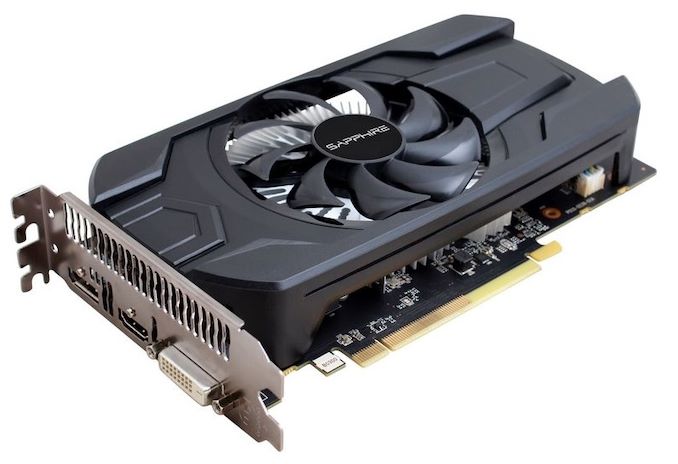
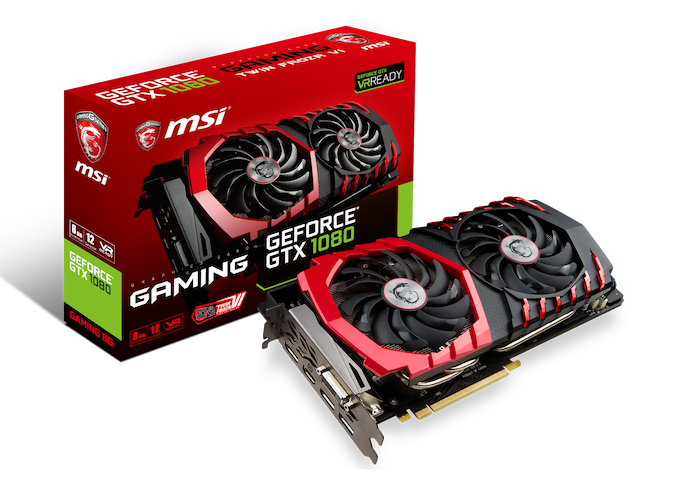
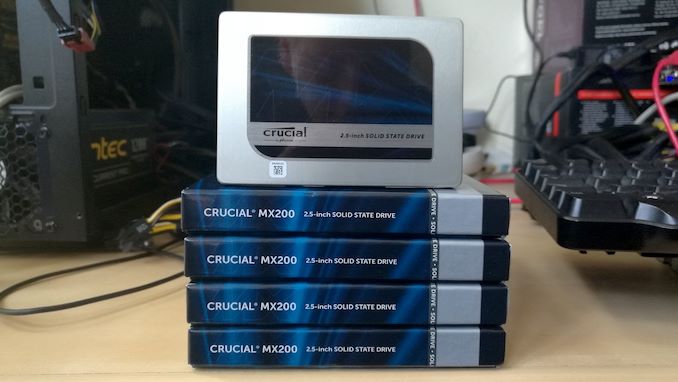
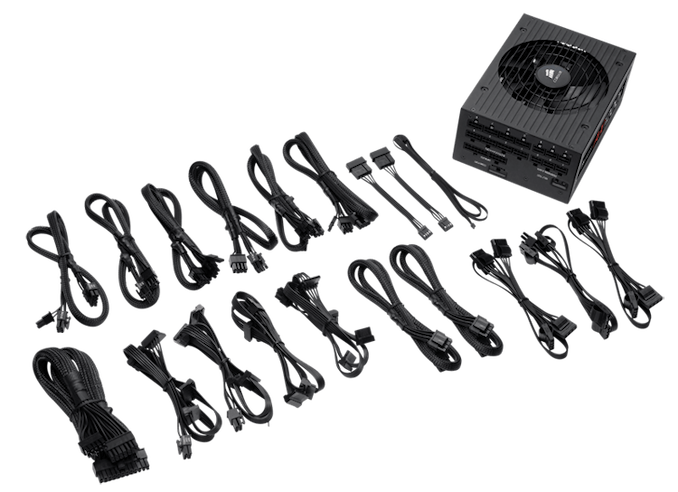
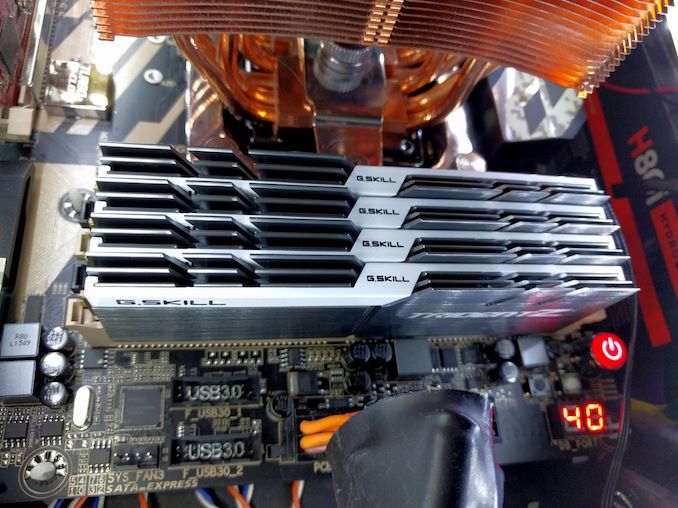
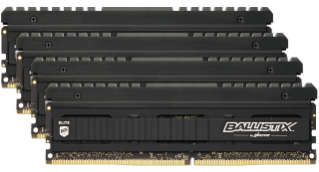
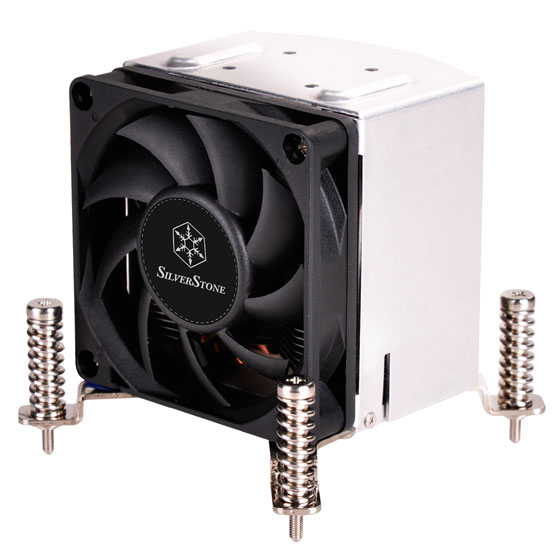
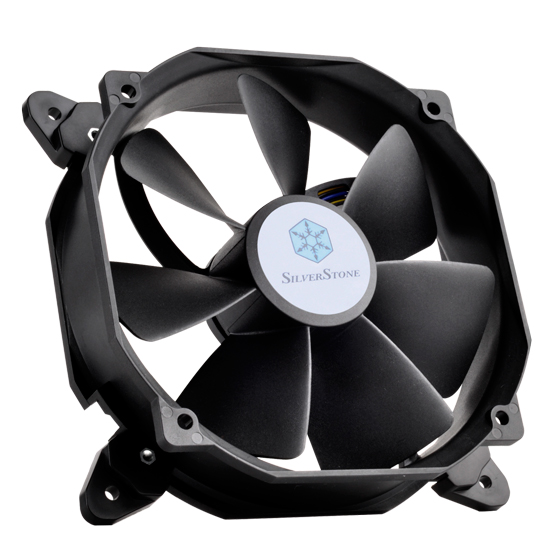








245 Comments
View All Comments
zky1 - Monday, November 25, 2019 - link
Too expensive. Anything over $300 for a cpu is a ripoff. See you in two years when these threadrippers are obsolete.peevee - Monday, November 25, 2019 - link
Very likely it is a new plateau enabled by 7nm and brand new Zen architecture developed to its potential. I predict small improvements from here for the next several years as it has been with Intel since Sandy Bridge - only better AVX512 implementation on something like 5nm and DDR5 will bring some improvements, but don't expect wonders on most tasks which don't care about memory throughput or AVX512.Slash3 - Tuesday, November 26, 2019 - link
The upcoming Zen 3 architecture revision is reported to provide up to a ~10% IPC uplift, with some neat tricks such as unifying the L3 cache per chiplet (no more CCX contention).There's always something better around the corner. :)
lobz - Tuesday, November 26, 2019 - link
Nope, it's the CCX size that changes from 4 to 8 cores.peevee - Tuesday, November 26, 2019 - link
"Up to 10%" - exactly what I have meant, a plateau, like Intel had after Sandy Bridge, adding only ~5% each year...Korguz - Tuesday, November 26, 2019 - link
peevee um intel could of improved their ipc more each year.. but they didnt, there was no reason too.. just like they could of given mainstream more then 4 cores.. but they didnt as well.. mostly because of zen.. is there more then 4 cores from intel..catheryn75 - Monday, November 25, 2019 - link
It's too bad they aren't available anywhere other then a few system builders. ie CyberPower , Origin , and others.Some of us who would use one of these new processors dont want to pay the extra 1500-2k for someone else to build it when we could do it ourselves.
AMD was really short sighted not at least having some supply at Newegg, Microcenter, Fry's, etc.. on launch day.
Dug - Monday, November 25, 2019 - link
That's a lot of power needed for 24 cores. 3960 at 280w. And it's recommended to get water cooling? They aren't going to get many buyers on that.6 more cores than Intel 10980, but needs 90w more power to get there.
I thought 7nm would be better than this.
The Xeon is way out of wack at 381.
People that really need the speed to save in man hour costs, expect a high end system with warranty, instant replacement, compatibility (especially vm), and reliability. I don't think you are going to get that with water cooling. And I don't see any major players that offer what I listed, going to a water cooled system anytime soon.
alufan - Tuesday, November 26, 2019 - link
https://www.scan.co.uk/3xs/configurator/amd-thread...pricey though but its liquid cooled
Dug - Tuesday, November 26, 2019 - link
Not exactly mainstream. I'm talking Dell, HP